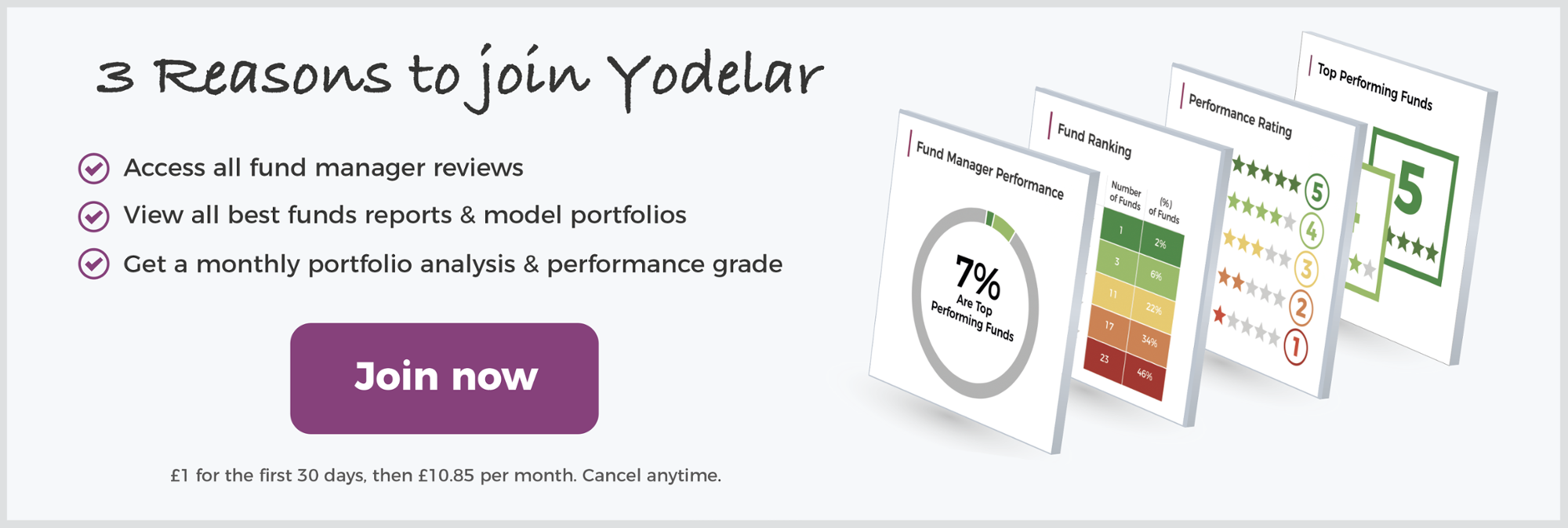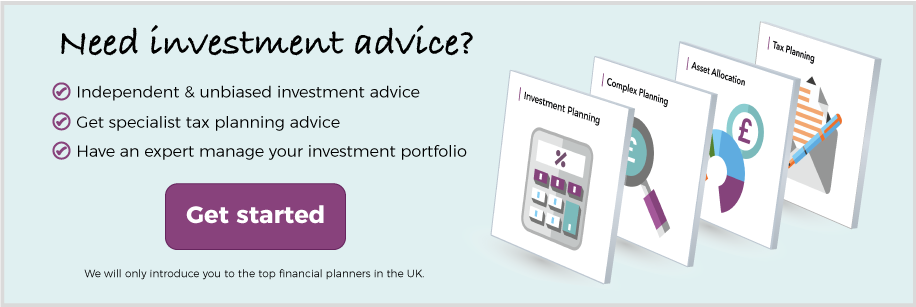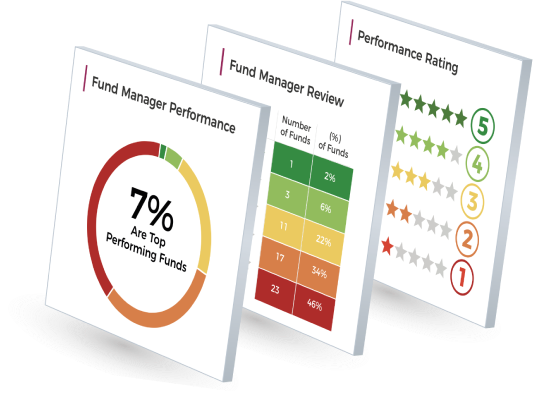As the resources available to investors are evolving the value proposition of advice is changing. With the growth of online investment platforms the number of investors who choose ‘to go it alone’ is on the rise. But should investors dismiss financial advice in favour of a DIY approach? Or will the lack of expert guidance prove to be detrimental to their investments?
A recent report by Old Mutual, said that 90% of clients acknowledge that they get value from seeing their adviser on a regular basis, with the key benefits being confidence and peace of mind. However, with the proliferation of online investment platforms and robo-advice practices, it has never been easier for investors to build and manage their own investment portfolios.
There are many reasons for taking financial advice. You might be looking for a better return on your investments, wanting pension advice to ensure you have security in retirement or simply trying to avoid financial decisions you may later regret.
However, think carefully about what type of help you need, can afford and would value. Not everybody needs full-blown professional financial advice.
Stephen Kavanagh, chief executive at Chase de Vere, an independent financial adviser (IFA), says: “For many people, their basic financial planning should be paying off debts, building cash savings, paying off their mortgage, joining their company pension scheme and understanding the protection benefits provided by their employer.”
However, individuals with larger amounts of savings and investments or higher earnings can benefit from taking financial advice. Significant events in your life, such as inheriting money, having a child, getting divorced, or deciding when to take pension benefits are just some of the scenarios in which a professional opinion could prove a wise investment.
Asset Allocation
Asset allocation is one of the key ingredients of a successful investment strategy and it is an area were the advice of an expert can really add value.
Putting asset allocation into practice means making hard decisions about which assets to buy and what proportion of each asset to hold. The first thing to consider is your present financial situation and how much you can afford to invest. Next, you need to think about why you’re investing. For many people, investing for the long term is about providing money for retirement. Therefore, you have to think about when you might like to retire, and what you would like to do during your retirement.
Emotional decision making
Personal finance is intrinsically emotional as a person’s current and future financial stability is at stake. Because of this, it’s very easy to have knee-jerk reactions such as prematurely ditching what could be an excellent investment fund due to a sharp, but perhaps short lived, drop in performance.
Research by Vanguards Advisor’s Alpha found that self-directed investment portfolios could lose up to 2% in long-term return from emotional decision-making. In contrast, they claim that guidance from an objective professional could add 1.5% in annual return.
Tax Management
One significant complicating factor in successful investment decision-making is navigating the impact of taxes. Striking the right balance between taxable and tax-advantaged accounts can be a daunting task. The cost of improper utilisation is higher taxation.
Research by Vanguard suggests that a 0% to 0.75% extra annual return is possible with proper asset location, depending on the investor’s breakdown of assets between taxable and tax-advantaged accounts.
Sound financial planning principles combined with competent execution have been extensively studied and demonstrated to provide additional value to investment portfolios. Utilising a financial professional for such issues can, in most cases, be a prudent strategy that can also provide you with tangible, real world benefits.
Complex Planning Requirements
When complex financial planning is required, the value of financial advice can prove vital. For example, it would be very difficult for an individual to arrange and map out their own phased retirement plan (if this is their best option) when they come to retire, or for an individual to put in place the best measures to protect their assets from Inheritance Tax. If someone chooses to take out critical illness cover do they know which policies have the best definitions and terms?
Specialist financial advice is just that: specialised! And because so much of the financial planning requirement is connected or inter-connected then the advice required in one area could knock onto another.
Why you might need a Financial Adviser
There are many reasons for taking financial advice. You might be looking for a better return on your investments, wanting pension advice to ensure you have security in retirement or simply trying to avoid financial decisions you may later regret.
However, think carefully about what type of help you need, can afford and would value. Not everybody needs full-blown professional financial advice.
Stephen Kavanagh, chief executive at Chase de Vere, an independent financial adviser (IFA), says: “For many people, their basic financial planning should be paying off debts, building cash savings, paying off their mortgage, joining their company pension scheme and understanding the protection benefits provided by their employer.”
However, individuals with larger amounts of savings and investments or higher earnings can benefit from taking financial advice. Significant events in your life, such as inheriting money, having a child, getting divorced, or deciding when to take pension benefits are just some of the scenarios in which a professional opinion could prove a wise investment.
Independent or restricted advice?
Advisers fall into two broad categories — independent or restricted. An independent adviser will carry a greater up front cost, but can recommend their pick of retail investment products from across the market.
Restricted advisers, as the name suggests, can only usually recommend certain types of products or those from a limited number of providers.
Most of the larger and better-known investment houses give restricted advice. These include St James’s Place, Hargreaves Lansdown and Tilney.
“Many advisers choose to be restricted because it means they can sell their own products and investment funds. This is understandable from their perspective, but it isn’t such a good idea for clients if their products are expensive and poor value,” says Mr Kavanagh of Chase de Vere.
Can an Adviser help you invest more efficiently?
As more and more services move online, it is now easier than ever for investors to make and manage their investments through DIY investment platforms. Through these platforms it’s easy to hold shares, bonds, funds, exchange traded funds (ETFs) and other instruments within a tax wrapper. However, as the choices from these platforms are so great, it can be difficult for investors to build an efficient and diversified portfolio.
Some platforms have lists of recommended funds to help whittle things down, but investors should be aware that there may be conflicts of interest here; a fund supermarket may also be an asset manager, offering its “own brand” potentially at the expense of other products.
Funds may have annual management and performance charges, and there may be additional charges for dealing in shares. On top of this, platforms will charge an administration fee, which can be a percentage of your holdings or a flat fee.
Robo-advice platforms, such as Nutmeg, Moneyfarm and Wealthify Invest, typically bundle together cheap investment portfolios using ETFs. Although investment choices are deliberately limited, they are very easy to use and usually consist of a selection of high, low and medium-risk options. However, our recent analysis of 3 major robo-advice brands identified that, although relatively low-cost, their portfolios have delivered disappointing returns for investors.
Being a DIY investor means researching, buying and managing your own investments, and for some investors, this can be the best route to take.
Although there are plenty of guidance and research tools out there, their objectivity can be questioned and therefore their value diluted by their connections or monetary relationships with different investment firms. However, at Yodelar, we provide unbiased and unfiltered access to tools and reports that help make it easier for both DIY and advice led investors to make fact-based, investment decisions with confidence. Whether it’s DIY investors comparing fund performance and making fund selections, or advice led investors reviewing their portfolio performance and assessing the quality of investment advice they have received, investors have greater access to valuable resources than ever before.
However, although investors welcome more transparency and greater resources to help them self-manage their investments, for some, the value and peace of mind that a high quality independent financial adviser can provide is immeasurable and cannot be replaced.
Do you need investment advice?
5 questions to ask any would-be financial adviser
1. Do you give independent or restricted financial advice?
2. Do you sell your own company’s products or investment funds and if so how I can be convinced they are the most suitable products for me?
3. What fees do I pay now and how do I pay them and how much do I pay on an ongoing basis?
4. What initial advice and ongoing service do you provide?
5. What processes do you have in place to ensure my money is only invested in the best and most suitable investments.















